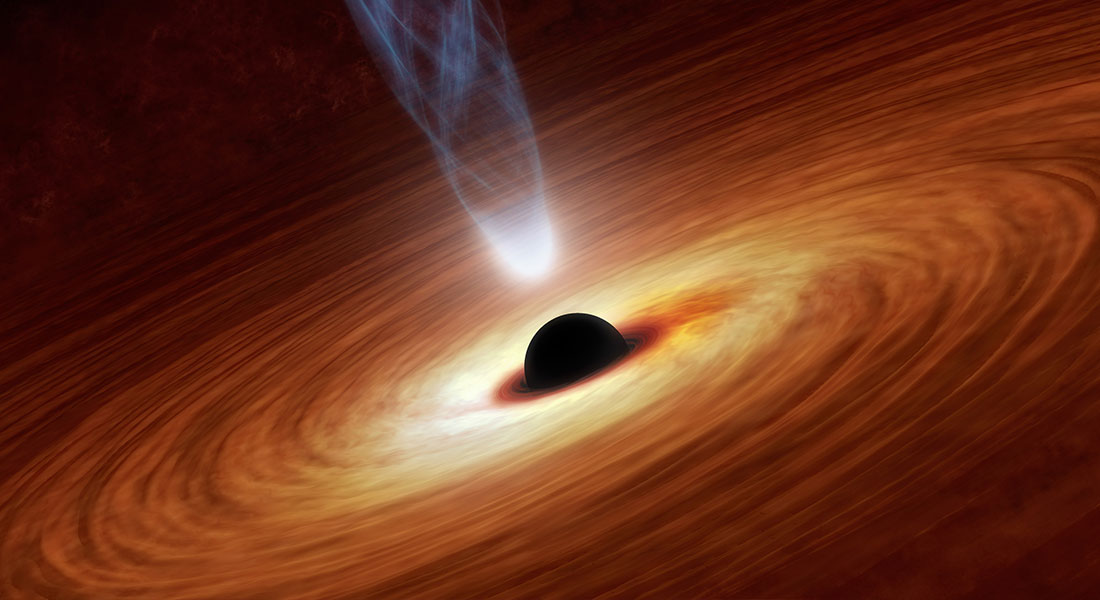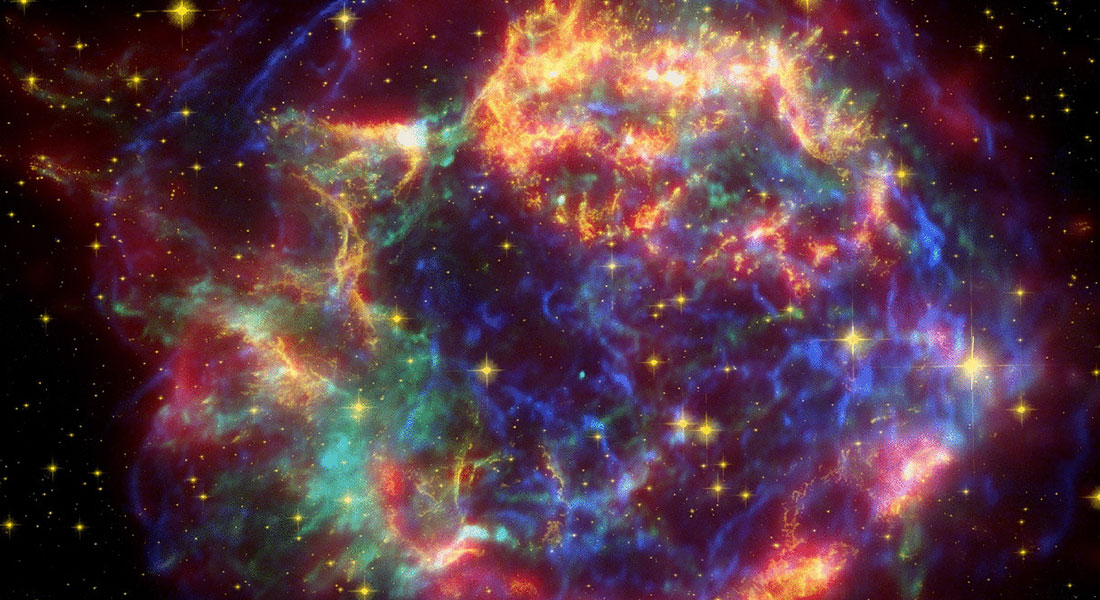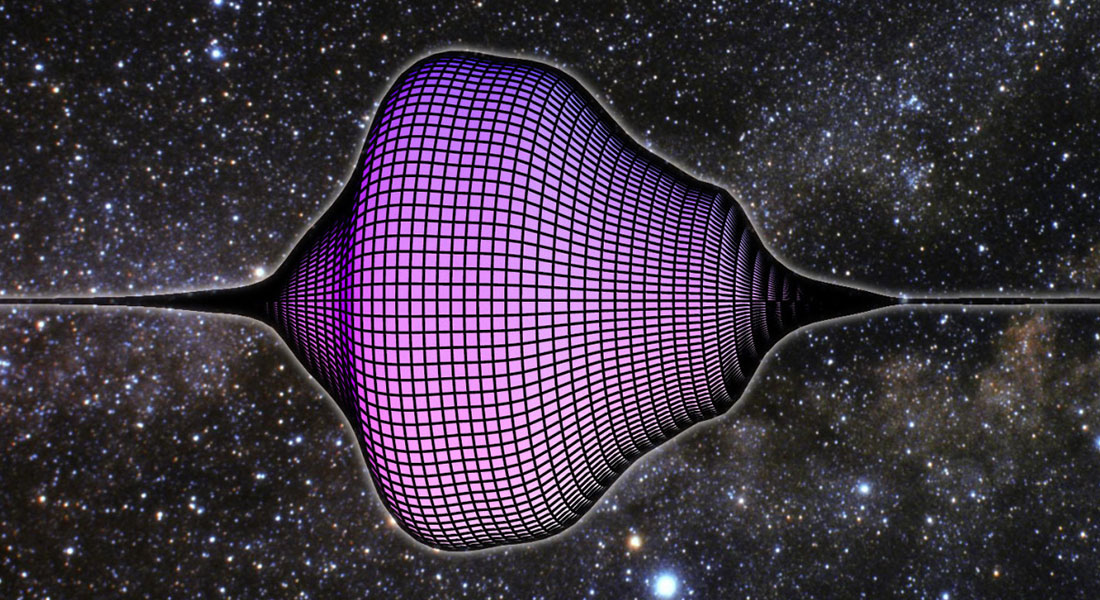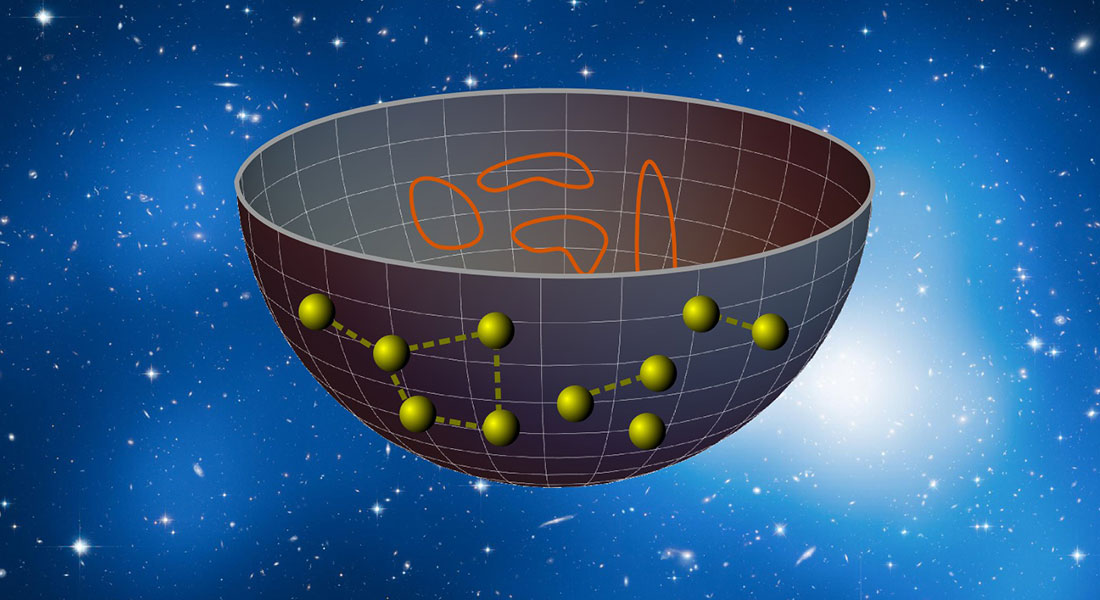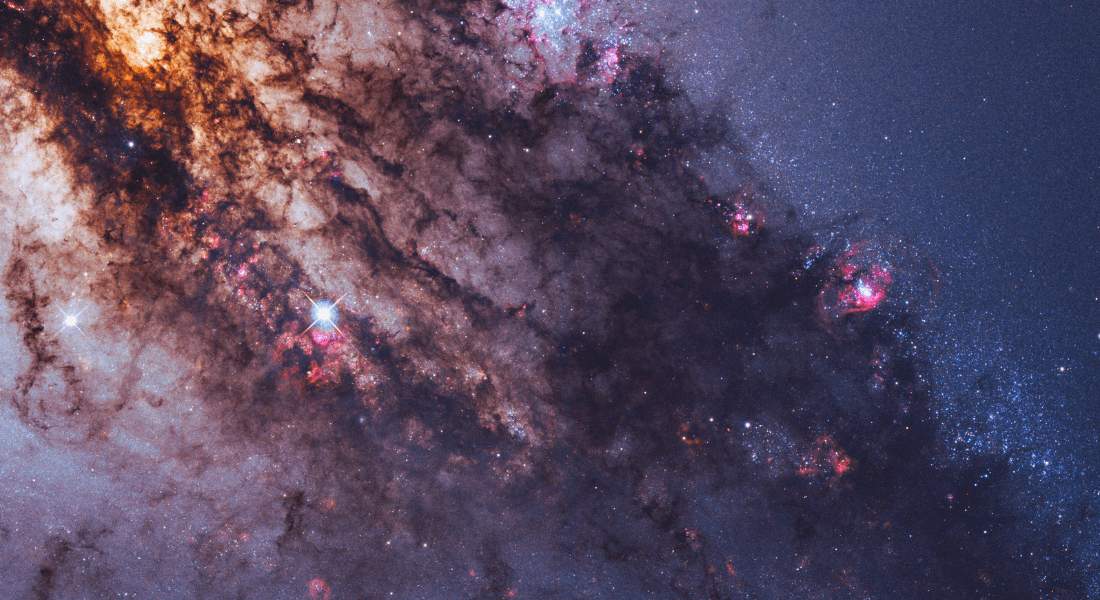
Theoretical high energy, astroparticle and gravitational physics
Research areas include scattering amplitudes, effective field theory, black holes, holography, lattice simulations, quantum gravity, integrability, astroparticle physics, and cosmology.
The Theoretical high energy, astroparticle and gravitational physics is a large section with a variety of research interests.
We have around 45 members, including permanent faculty, non-permanent faculty, postdocs and PhD students. In addition we have a number of affiliate professors and emeritus professors that contribute to the section as well.
The Niels Bohr institute has many M.Sc. and PhD students. The students are closely attached to the research groups and supervisor, and have many social activities for International and Danish students.
If you are interested in studying Particle Physics and Cosmology, consider looking at these pages:
- Sc. in Physics, study track in theoretical particle physics and cosmology, courses etc.
- Sc. in Physics, study track in experimental particle physics, courses etc.
- Sc. in Physics with specialization in Astrophysics, courses etc.
General information about the education, application, living in Denmark etc.
The main themes of our research are:
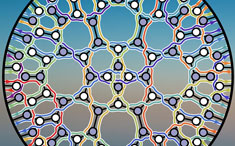 Theoretical particle physics:
Theoretical particle physics:
The theoretical framework of Particle physics is Quantum Field Theory, on which we have several experts. We explore exciting new theoretical techniques in computing scattering amplitudes that aim to revolutionize our understanding of Quantum Field Theory as a framework of particle physics, and possibly replace it with an entirely new formulation. Furthermore, we use these and other methods to study the phenomenology of particle physics for use in predictions for particle accelerators.
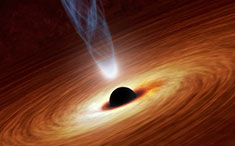 Gravity, gravitational waves and black holes:
Gravity, gravitational waves and black holes:
Classical gravity (i.e. gravity without quantum effects included) is formulated successfully by Einsteins theory of General Relativity. This theory explains fascinating physical phenomena such as black holes and gravitational waves. We study the powerful new techniques to compute gravitational waves using methods developed for particle physics scattering amplitudes. This is important for future measurements of gravitational waves. We study extensions of General Relativity (e.g. in higher-dimensions, with cosmological constant, and to non-relativistic geometries) and correspondences between gravity and fluid physics. Furthermore, regarding black holes we study theoretical aspects of astrophysical phenomena such as jet-physics and black hole shadows.
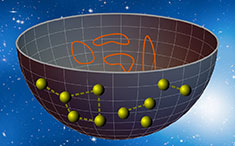 Theoretical high-energy physics:
Theoretical high-energy physics:
In theoretical high-energy physics we consider the most fundamental building blocks of nature. The central goal is to unify the theory of gravity, namely General Relativity, with the theory of particle physics, i.e. Quantum Field Theory. A highly successful modern approach to this is the Holographic Principle as formulated by the AdS/CFT correspondence. This correspondence is formulated in the framework of String Theory and M-theory. We have several experts in our section working on these topics and more. Among the fields of study are quantum gravity, the quantum nature of black holes, and integrable models.
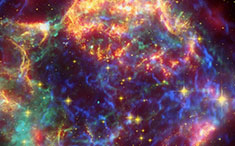 Astroparticle physics:
Astroparticle physics:
Our research interests lie at the boundary between fundamental physics, astrophysics and cosmology. We focus on weakly interacting particles, such as the Neutrino, cosmic rays and gamma-rays. Those particles are abundantly produced in the most energetic astrophysical events, ranging from supernovas and neutron-star mergers to active galactic nuclei, as well as in the Early Universe. We aim at unveiling the nature of those particles, and at using them as probes of the inner working of a range of astrophysical sources and our Universe.
AstroNu
The Neutrino Astrophysics group at the Niels Bohr Institute aims at unveiling the nature of fascinating weakly interacting elementary particles, such as the neutrino, and at using them as probes of the engine behind the most energetic transients in our Universe.
Center of Gravity
We bring together cutting edge research in observations of black holes and in the formal theory of relativistic and quantum aspects of gravity, completing the visions of Bohr and Einstein for the gravitational interaction.
Gravitational Waves Astrophysics Group
A comprehensive approach to astrophysics with research areas encompass astrophysical fluid dynamics and magnetohydrodynamics, gravitational wave astrophysics, protoplanetary disks and planet formation, and tidal disruption events.
Quantum Quenches from Quantum Fields
Exploring how quantum systems react to sudden disturbances. The interface of theoretical high energy physics, condensed matter physics and quantum information theory.
Strong Group
The Strong Group is a research group under the Niels Bohr International Academy that explores the influence of gravitational waves in the dynamics of several systems. The Strong Group focuses on strong-field gravity, including black hole spectroscopy, tests of the black hole paradigm and tests of extensions of General Relativity.
Gosia Dekempe, Administration Officer
Blegdamsvej 17, DK-2100 Copenhagen
Building B, room Ba2
Phone: +45 35 32 75 29
E-mail: malgorzata.dekempe@nbi.ku.dk
Emil Bjerrum-Bohr, Head of section
Blegdamsvej 17, DK-2100 Copenhagen
Building B, room Bb1
Phone: +45 20 56 53 28
E-mail: bjbohr@nbi.ku.dk

